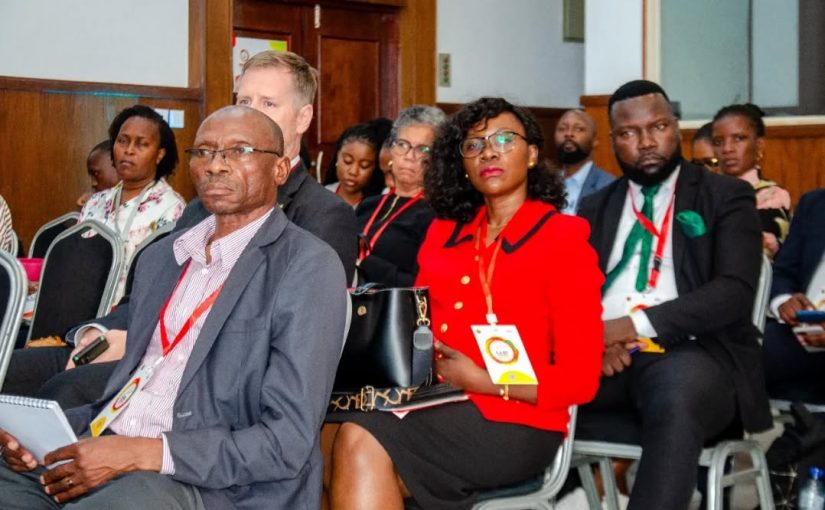Profits of Absa Bank Mozambique grow 14.1% in 2024 to record €26 million
Mozambique: Government aims to unlock SMEs potential, remove growth barriers

Photo: Ministério da Economia
The Mozambican Ministry of Economy on Thursday defended the urgency of removing the structural and institutional barriers that limit the growth of Small and Medium-sized Enterprises (SMEs), calling for a commitment to reforms to unlock the productive potential of SMEs.
‘The reflections shared here have highlighted the urgency of tackling and removing the structural and institutional barriers that still limit the growth of SMEs, reforming to unlock productive potential, which means simplifying processes, ensuring legal certainty, promoting policies in line with the reality of our national entrepreneurs and others,’ said Cândido Langa, director of the Ministry of Economy’s Private Sector Support Directorate.
The position was taken during the 20th Annual Private Sector Conference (CASP), which kicked off on Wednesday in Maputo and whose agenda includes discussions on projects valued at $1.5 billion (€1.288 billion), especially in productive areas.
The director of the Ministry of Economy’s Private Sector Support Department (DASP) said that micro, small and medium-sized enterprises (MSMEs) represent the true engine of national development, generating employment and promoting innovation, as well as boosting local economies, and therefore called for investment in them to move the national economy forward.
‘However, for them to reach their full potential, it is essential to ensure that they have a more favourable, predictable and inclusive environment,’ said Cândido Langa.
At the same event, Bruno Comini, president of the Kuvanga project, an agro-processing cooperative, also spoke in favour of tax exemption for the first five years of operation for processing cooperatives, saying that this is the time needed to establish themselves in the market.
‘Another proposal that we think is important is tax exemption for the first five years of operation, a reduction in the IRPC from 32% to 10% for each cooperative, the implementation of subsidised energy tariffs for costs that are prohibitive for processing cooperatives,’ asked Bruno Comini.
The businessman also called for reforms to Mozambican legislation regulating cooperatives, believing that this would create a ‘huge and sustainable burden’ on Corporate Income Tax (IRPC).
‘It’s also necessary to simplify the accounting processes for cooperatives, taking into account the involvement of the most disadvantaged groups because some of them don’t know how to read,’ added the representative of the Kuvanga project, which has 58 cooperative members, calling for investment in the inclusion of young people and women in the country’s economic system.
‘Young people and women, who represent the overwhelming majority in Mozambique, must be included in the economic system to have the opportunity to undertake and work, so we have to create a vicious circle to include people in the organised economic system,’ added Bruno Comini.
CASP 2025, with thematic panels and bilateral and business meetings, is being held under the slogan ‘Reform to Compete: Paths to Economic Recovery’, with more than 2,000 participants, 40 speakers and 80 exhibitors, the latter taking part in the Mozambique Home Expo, an exhibition on the sidelines of CASP aimed at stimulating access to affordable housing.












Leave a Reply
Be the First to Comment!
You must be logged in to post a comment.
You must be logged in to post a comment.